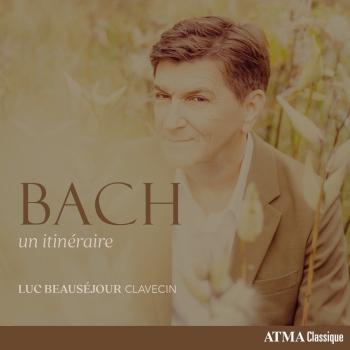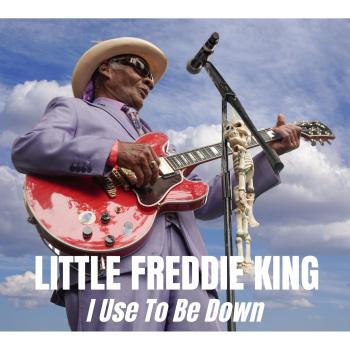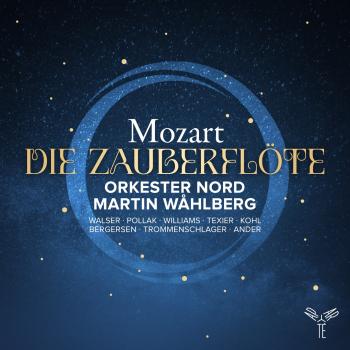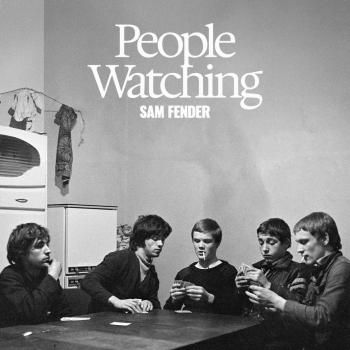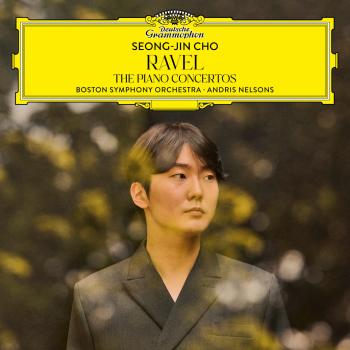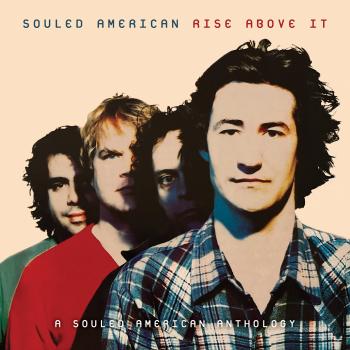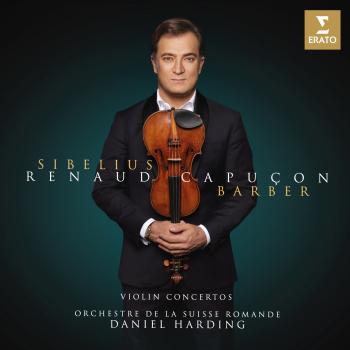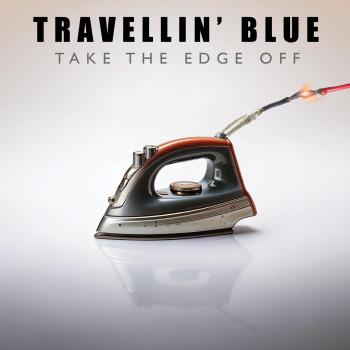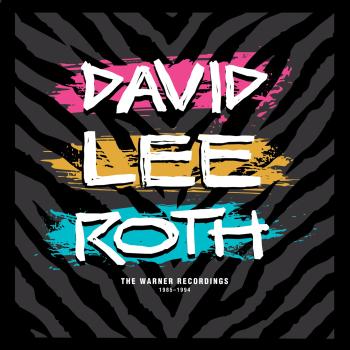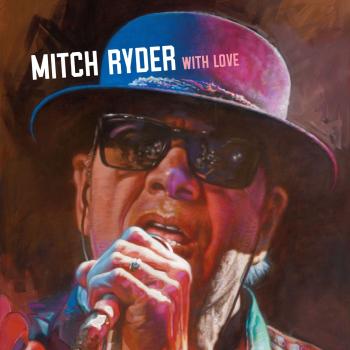
Kirchner: Sting Quartet No. 1 - Fine: String Quartet (1952) (Remastered) Juilliard String Quartet
Album Info
Album Veröffentlichung:
1954
HRA-Veröffentlichung:
18.06.2021
Label: Sony Classical
Genre: Classical
Subgenre: Chamber Music
Interpret: Juilliard String Quartet
Komponist: Irving Fine, Leon Kirchner
Das Album enthält Albumcover
Entschuldigen Sie bitte!
Sehr geehrter HIGHRESAUDIO Besucher,
leider kann das Album zurzeit aufgrund von Länder- und Lizenzbeschränkungen nicht gekauft werden oder uns liegt der offizielle Veröffentlichungstermin für Ihr Land noch nicht vor. Wir aktualisieren unsere Veröffentlichungstermine ein- bis zweimal die Woche. Bitte schauen Sie ab und zu mal wieder rein.
Wir empfehlen Ihnen das Album auf Ihre Merkliste zu setzen.
Wir bedanken uns für Ihr Verständnis und Ihre Geduld.
Ihr, HIGHRESAUDIO
- Leon Kirchner (1919 - 2009): Kirchner: String Quartet No. 1:
- 1 Kirchner: String Quartet No. 1: I. Allegro ma non troppo (Remastered) 05:17
- 2 Kirchner: String Quartet No. 1: II. Adagio (Remastered) 05:01
- 3 Kirchner: String Quartet No. 1: III. Divertimento (Remastered) 02:56
- 4 Kirchner: String Quartet No. 1: IV. Adagio (Remastered) 05:56
- Irving Fine (1914 - 1962):
- 5 Fine: String Quartet (1952): I. Allegro risoluto (Remastered) 07:47
- 6 Fine: String Quartet (1952): II. Lento (Remastered) 10:53
Info zu Kirchner: Sting Quartet No. 1 - Fine: String Quartet (1952) (Remastered)
Sony Classical releases Juilliard String Quartet – The Early Columbia Recordings: Sony Classical is excited to present a newly remastered selection in 24bit of the earliest albums of this august American ensemble. Made between 1949 and 1956 in Columbia’s studio on Manhattan’s 30th St., these landmark recordings are mostly new to listeners. The albums are mastered from the original tapes in sampling rate 96kHz and 192kHz.
When William Schuman founded a string quartet at New York’s Juilliard School in 1946, he envisaged an ensemble not only to teach the elite New York conservatory’s students but also, in its own public performances, to “play the standard repertoire with the sense of excitement and discovery of a new work and play new works with a reverence usually reserved for the classics.” From its first appearances in New York, the Juilliard String Quartet was identified as a champion of modern music. Its first recordings for American Columbia, all included here, were dedicated to the works of Alban Berg and Béla Bartók (only recently deceased), as well as to Arnold Schoenberg (still very much alive), and to active American composers including Schuman himself.
When the recordings of new American quartets were first released in the mid-50s, High Fidelity’s reviewers enthusiastically took up the cudgels for them, writing: “William Schuman’s fourth string quartet is a big, serious, robust work, rather involved in form, rich in harmonic color, but especially rich in the variety and originality of its rhythms.” “[Leon] Kirchner’s quartet has the accent of urgency, power and overriding imaginativeness one associates with Béla Bartók’s compositions for the same medium … The work has its own immensely individual profile. One feels it is music that had to be written, and one feels behind it the mind of a great composer.” “The [Irving] Fine stands out for its fantasticality, its highly dissonant texture, and its individual formal devices; it employs the 12-tone system within a freely tonal framework.”
Featuring works by Mozart, Ravel, Webern, Milhaud, Copland, Peter Mennin, Alexei Haieff and Andrew Imbrie, are three discs containing the premiere of Béla Bartók’s six quartets on records, which were set down in 1949. They appeared on LP and 78s the following year, bringing the Juilliard String Quartet its first real celebrity. Recorded on 78-rpm shellacs rather than on tape, this path-breaking set thus consists of live, unedited performances. When reissued some years ago on CD – the only portion of the new Sony Classical box set ever to have appeared before on silver discs – it was rapturously praised in Fanfare magazine for “its joy of discovery, which remains completely fresh and vivid” even though numerous other traversals of the Bartók cycle had appeared in the meantime, including two stereo remakes by the Juilliard itself – in 1963 and, with digital technology, in 1981. Fanfare continued: “The ensemble deserves its renown in Bartók, whom it approached … with warmth and sometimes even Romanticism. Its impeccable execution set a new standard.”
Another Juilliard milestone was the premiere of Arnold Schoenberg’s four quartets on records, set down in 1951–52. Reviewing the original LP release, High Fidelity called these performances “vital, authoritative … The soprano, Uta Graf, does wonders with the extremely difficult songs of the second quartet, and her voice has been integrated with the strings to create the kind of unity Schoenberg must have dreamed of but could seldom have heard.” At last, all these historic Juilliard String Quartet recordings are available to today’s music lovers.
Juilliard String Quartet
Digitally remastered
Juilliard String Quartet
widely known as the quintessential American string quartet, welcomes its new cellist, Astrid Schween, and celebrates its 70th anniversary during the 2016/17 season with return engagements in Philadelphia, San Francisco, Detroit, Toronto, Louisville, Cleveland, Tucson, and New York’s Alice Tully Hall. The JSQ premieres Fragments, String Quartet No. 6 by renowned Argentine-American composer Mario Davidovsky, jointly commissioned by the Arizona Friends of Chamber Music and the Juilliard School. In January, the Quartet tours Spain, the Netherlands, Germany, Austria, and Turkey, including appearances at the Muziekgebouw in Amsterdam, the Musikverein in Vienna, and the Berlin Konzerthaus.
Last season, a yearlong celebration of Joel Krosnick’s remarkable 42-year tenure as cellist of the JSQ, featured tours of Asia and Europe, concerts throughout the US and Canada, as well as special performances of the Schubert Cello Quintet with Astrid Schween in Detroit, New York City, and at the Ravinia Festival. In 2015 the Quartet was featured in the groundbreaking interactive app on Schubert’s “Death and the Maiden” Quartet, released by the innovative app developer, Touchpress, in collaboration with the Juilliard School.
The Quartet’s recordings of the Bartok and Schoenberg Quartets, as well as those of Debussy, Ravel and Beethoven won Grammy Awards, and in 2011 the Quartet became the first classical music ensemble to receive a Lifetime Achievement Award from the National Academy of Recording Arts and Sciences. In 2014 Sony Classical reissued the Quartet’s landmark recordings of the first four Elliott Carter String Quartets together with the more recently recorded Carter Quartet No. 5, making a complete historical document.
Devoted master teachers, the members of the Juilliard String Quartet offer classes and open rehearsals when on tour. At the Juilliard School, where they are the String Quartet in Residence, all are sought-after members of the string and chamber music faculty and annually, in May, they are hosts of the 5-day Internationally recognized Juilliard String Quartet Seminar.
In performance, recordings and incomparable work educating the major artists and quartets of our time, the Juilliard String Quartet has carried the banner of the United States and The Juilliard School throughout the world.
Dieses Album enthält kein Booklet

